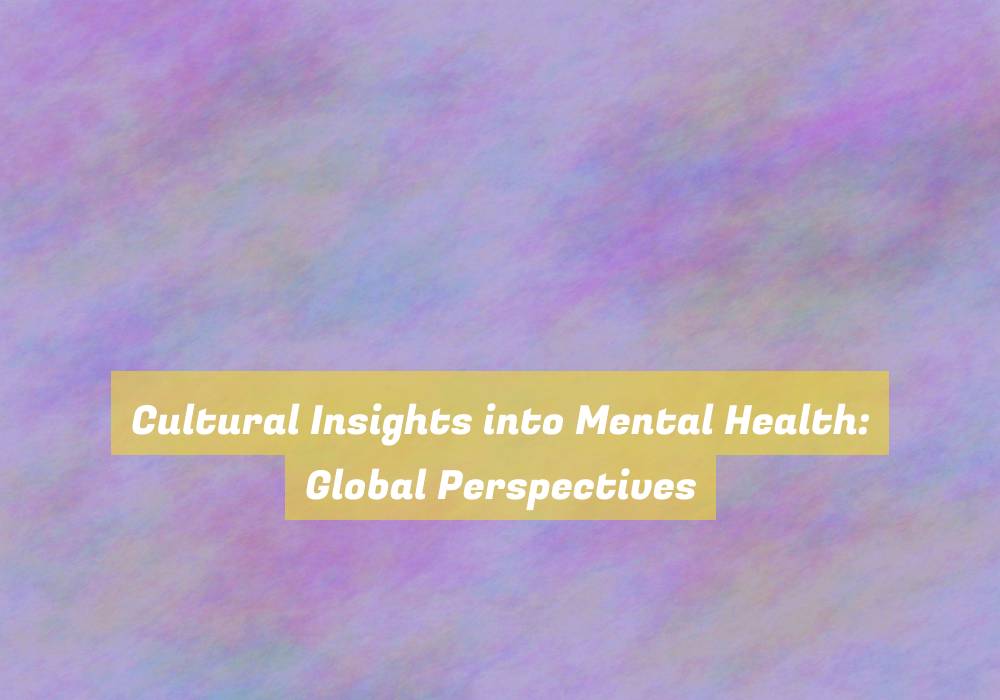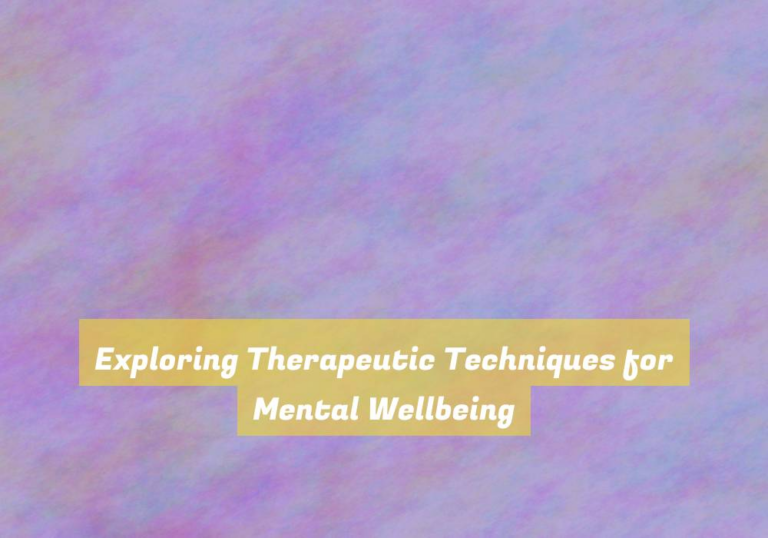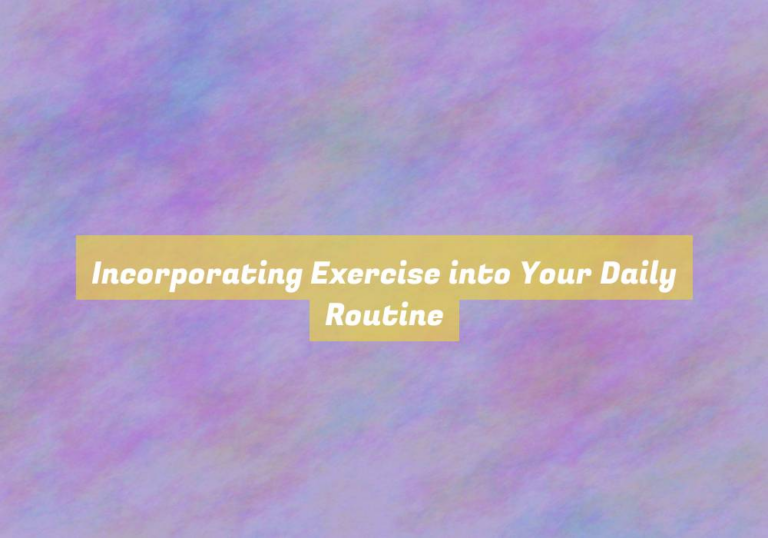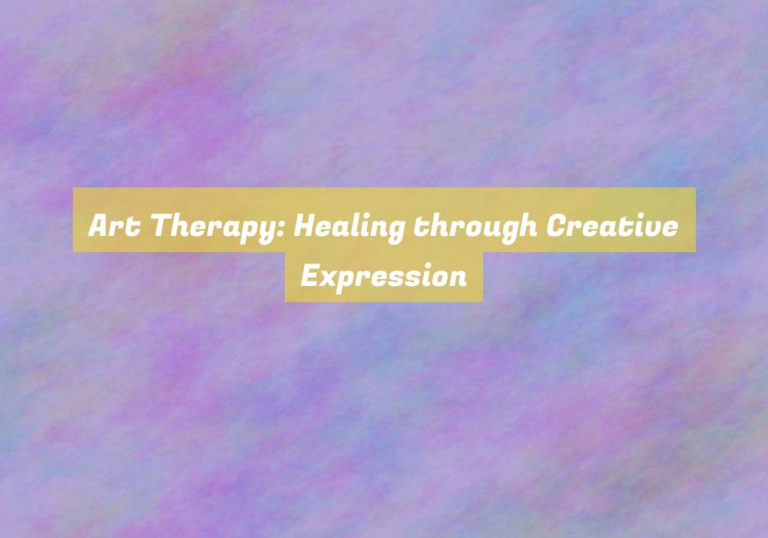Cultural Insights into Mental Health: Global Perspectives
You might be surprised to learn that mental health is viewed and addressed differently across various cultures around the world. The impact of cultural beliefs, traditions, and societal norms on mental health cannot be overstated.
As you explore the global perspectives on mental health, youG??ll gain a deeper understanding of how cultural insights shape the way individuals perceive and manage mental health issues. Understanding these diverse perspectives is crucial in developing effective and inclusive mental health interventions that can truly make a difference in peopleG??s lives.
Cultural Perceptions of Mental Health
Understanding cultural perceptions of mental health is essential for providing effective and culturally sensitive support and care for individuals worldwide. Each culture has its own beliefs, values, and norms that shape how mental health is understood and addressed. In some cultures, mental health issues may be stigmatized, leading individuals to feel ashamed or reluctant to seek help. In others, mental health may be viewed holistically, incorporating spiritual or community-based approaches alongside conventional treatment methods. By recognizing and respecting these cultural variations, mental health professionals can better tailor their support to meet the unique needs of diverse populations.
Moreover, cultural perceptions influence how symptoms of mental illness are expressed and interpreted. For instance, while some cultures may emphasize physical symptoms to communicate distress, others may express psychological distress through somatic complaints. Being attuned to these differences allows for more accurate assessments and diagnoses, ensuring that individuals receive appropriate care.
Additionally, understanding cultural perspectives can help reduce barriers to treatment, increase trust in healthcare providers, and foster a more inclusive and effective approach to mental health support on a global scale.
Traditional Healing Practices
Traditional healing practices play a significant role in many cultures, offering alternative approaches to addressing mental health concerns. These practices often involve a combination of spiritual, physical, and psychological elements to promote overall well-being. In some cultures, traditional healers, also known as shamans, medicine men, or priests, are highly respected members of the community and are sought after for their expertise in treating mental health issues. Their methods may include rituals, ceremonies, herbal remedies, and counseling to restore balance and harmony within an individual.
Traditional healing practices are deeply rooted in the cultural beliefs and values of a community, providing a sense of identity and belonging for those seeking help. They often emphasize interconnectedness with nature, ancestors, and the spiritual realm, offering a holistic approach to mental wellness. These practices are often passed down through generations and are considered integral to preserving the cultural heritage of a community.
While modern mental health interventions are widely available, traditional healing practices continue to thrive, offering a unique perspective on mental well-being and serving as an important complement to Western medical approaches in many parts of the world.
Stigma and Mental Health
Stigma surrounding mental health can have detrimental effects on individuals and communities, hindering access to support and perpetuating misconceptions.
When you or someone you know experiences mental health challenges, the fear of being judged or ostracized may prevent seeking help. This fear can lead to delayed treatment and worsened symptoms, impacting overall well-being.
Stigma also contributes to the perpetuation of misconceptions about mental health, leading to discrimination and marginalization of those affected. In some cultures, mental health stigma is deeply ingrained, making it difficult for individuals to openly discuss their struggles or seek professional help. This can lead to a cycle of shame and secrecy, further exacerbating the issue.
ItG??s essential to challenge these stigmas by promoting open conversations, education, and understanding. Addressing stigma requires collective efforts to create supportive and inclusive environments where individuals feel safe to seek the help they need.
Global Mental Health Interventions
Considering the diverse cultural and social contexts worldwide, implementing effective global mental health interventions requires a comprehensive understanding of local needs and resources. ItG??s crucial to recognize that what works in one community may not be suitable for another due to variations in cultural beliefs, practices, and available support systems.
When developing interventions, itG??s essential to collaborate with local stakeholders, including community leaders, healthcare providers, and individuals with lived experience of mental illness. By involving these key players, interventions can be tailored to address specific cultural and social determinants of mental health within each community.
Furthermore, utilizing community-based approaches that integrate traditional healing practices with modern evidence-based treatments can enhance the acceptability and effectiveness of interventions. Emphasizing the importance of destigmatizing mental health issues and promoting mental well-being at the individual, family, and community levels is also vital.
Conclusion
In conclusion, understanding cultural perspectives on mental health is crucial for effective global interventions.
Traditional healing practices and stigma play a significant role in how mental health is perceived and addressed in different cultures.
By taking these cultural insights into account, we can develop more inclusive and effective mental health interventions that respect and incorporate diverse cultural beliefs and practices.
This approach can help ensure that everyone has access to the support and resources they need for their mental well-being.






It’s fascinating how our understanding of mental health is so intricately tied to cultural backgrounds. I’ve encountered this dynamic personally in a few different contexts. For instance, when I traveled to Japan, I noticed that mental health issues were often discussed in hushed tones, reflecting a societal tendency to prioritize harmony and collective well-being over individual struggles. This created a palpable stigma around seeking help, which is disheartening because it prevents people from accessing the support they need.
You bring up a crucial point about the cultural nuances surrounding mental health discourse. It’s interesting how some societies are wrapped up in concepts like ‘wa’ (harmony) that can overshadow the importance of addressing individual mental health needs. In Japan, the pressure to conform can create an environment where people silence their struggles.
You bring up such an important point about the cultural nuances surrounding mental health. Your observations from Japan highlight how deeply rooted cultural values can shape perceptions and conversations around seeking help. It’s interesting to consider how different cultures prioritize the collective over individual needs, sometimes at the expense of personal well-being.
You’ve captured an essential aspect of the conversation around mental health. The way cultural values influence our attitudes and approaches to seeking help can never be overstated. In Japan, for instance, the concept of *wa*—or harmony—often takes precedence over individual struggles. This can create a tension where personal well-being is sometimes sacrificed for the sake of maintaining group cohesion.
Your reflections on cultural attitudes toward mental health are spot on. The differences you noticed during your time in Japan highlight a significant aspect of how we perceive and approach mental health across various societies. In many cultures, the emphasis on group harmony can overshadow individual experiences. This results in individuals feeling reluctant to speak out or seek help, as doing so may disrupt the collective balance or be seen as a burden to others.